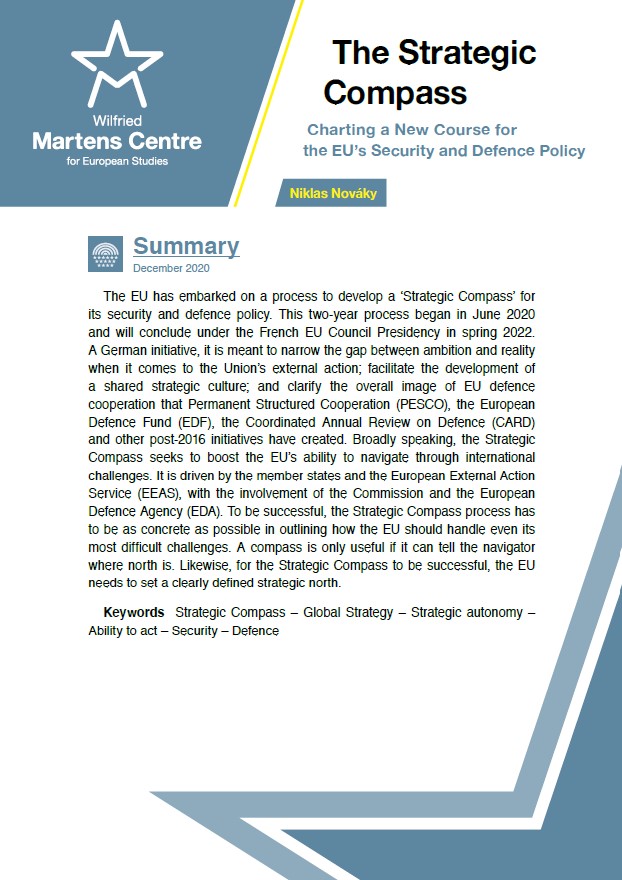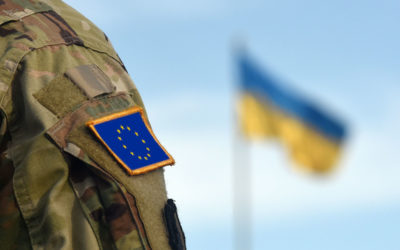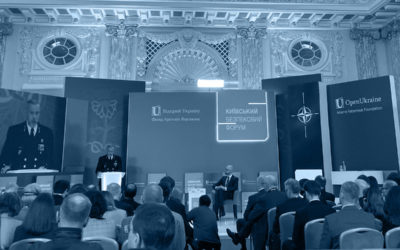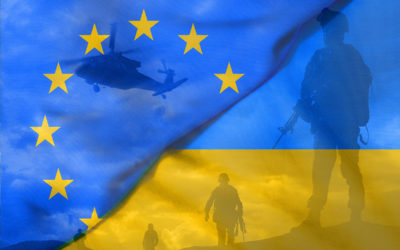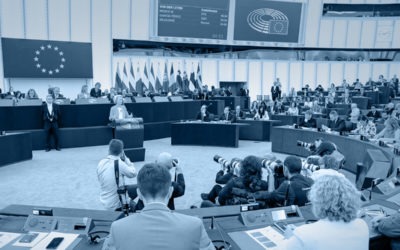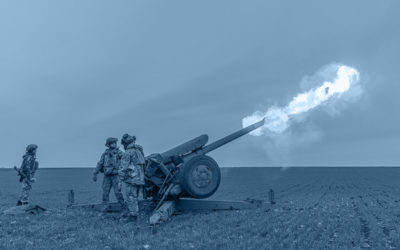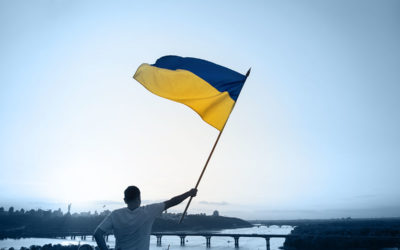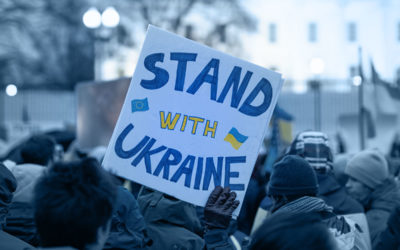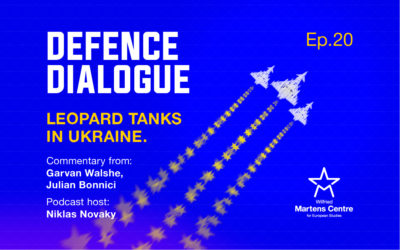Related publications
-

The 7Ds
The 7Ds – Defence Extended
-
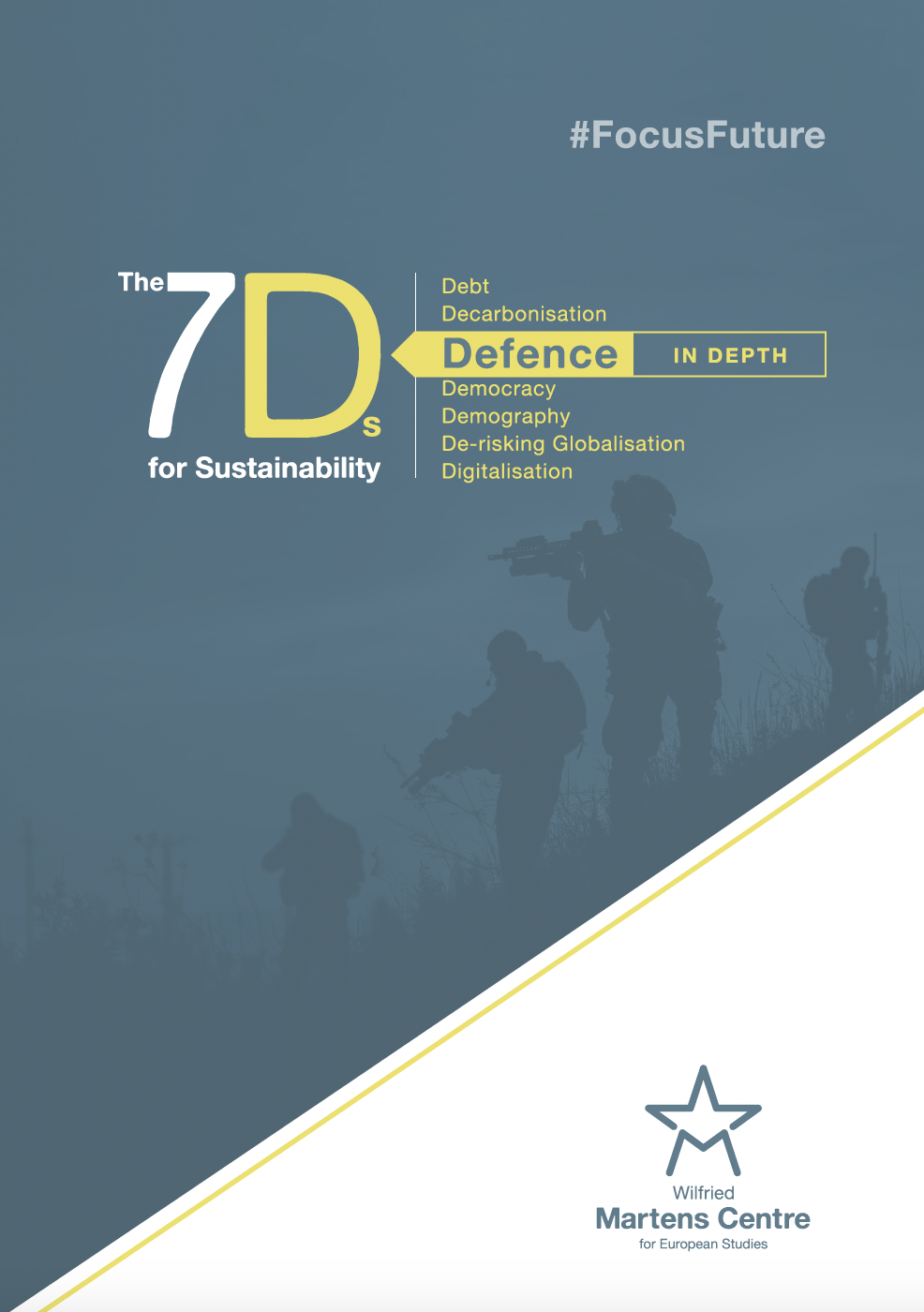
The 7Ds
The 7Ds – Defence in Depth
-
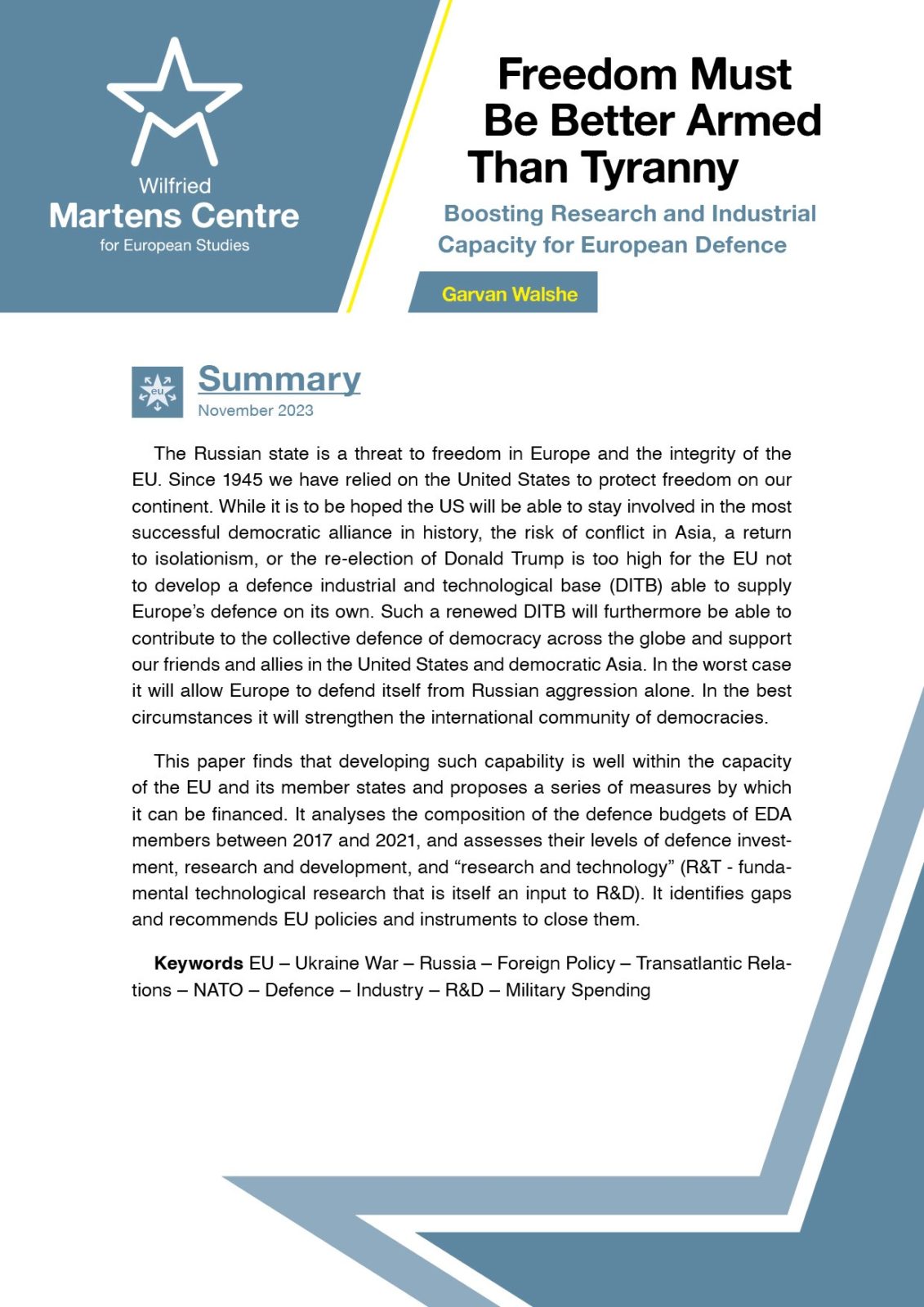
Policy Briefs
Freedom Must Be Better Armed Than Tyranny: Boosting Research and Industrial Capacity for European Defence
-

Collaborative
Security and Defence Days – Conference Proceedings
-
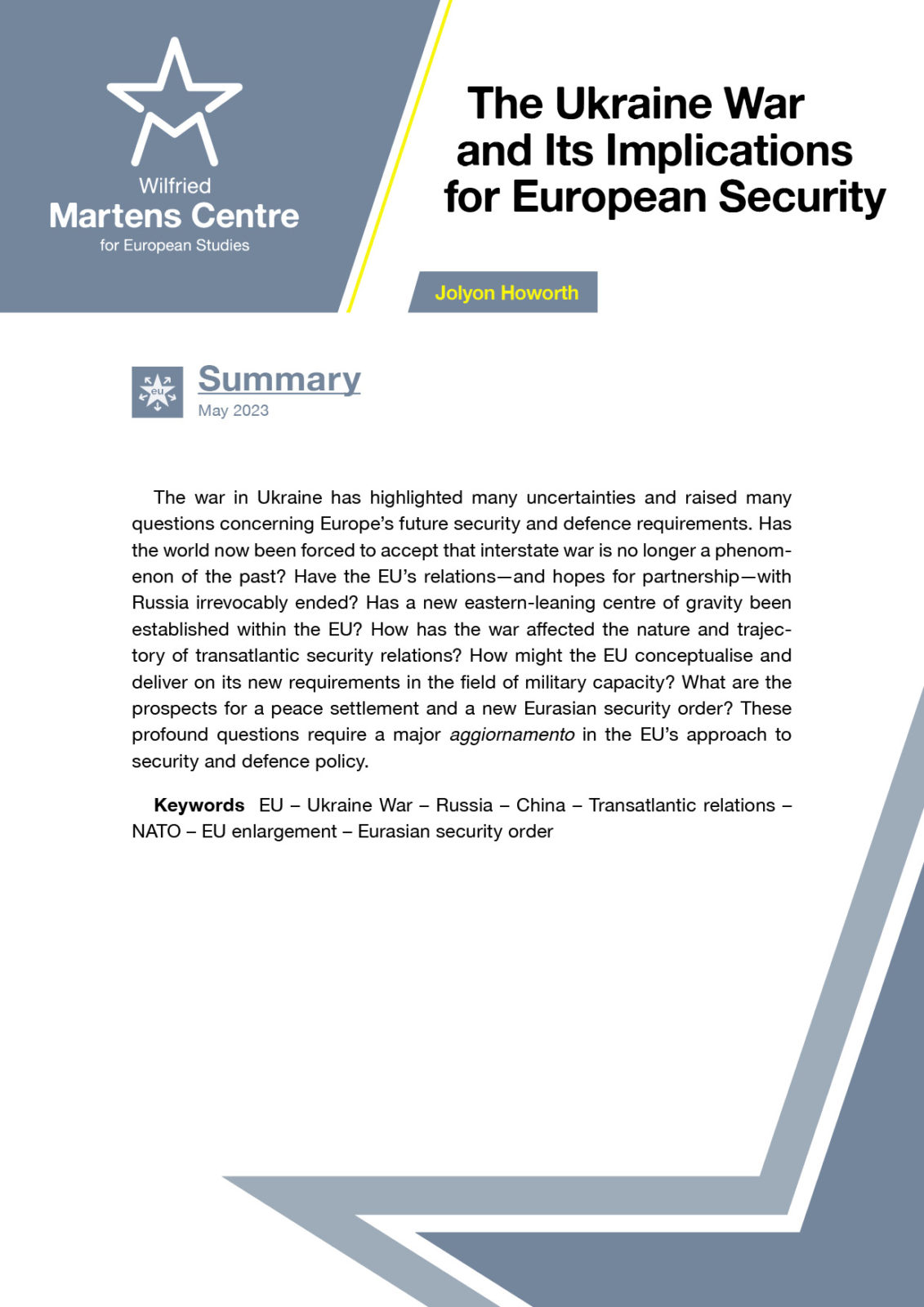
Ukraine
The Ukraine War and Its Implications for European Security
-

Ukraine
Contemporary regional threats and challenges in Europe
-
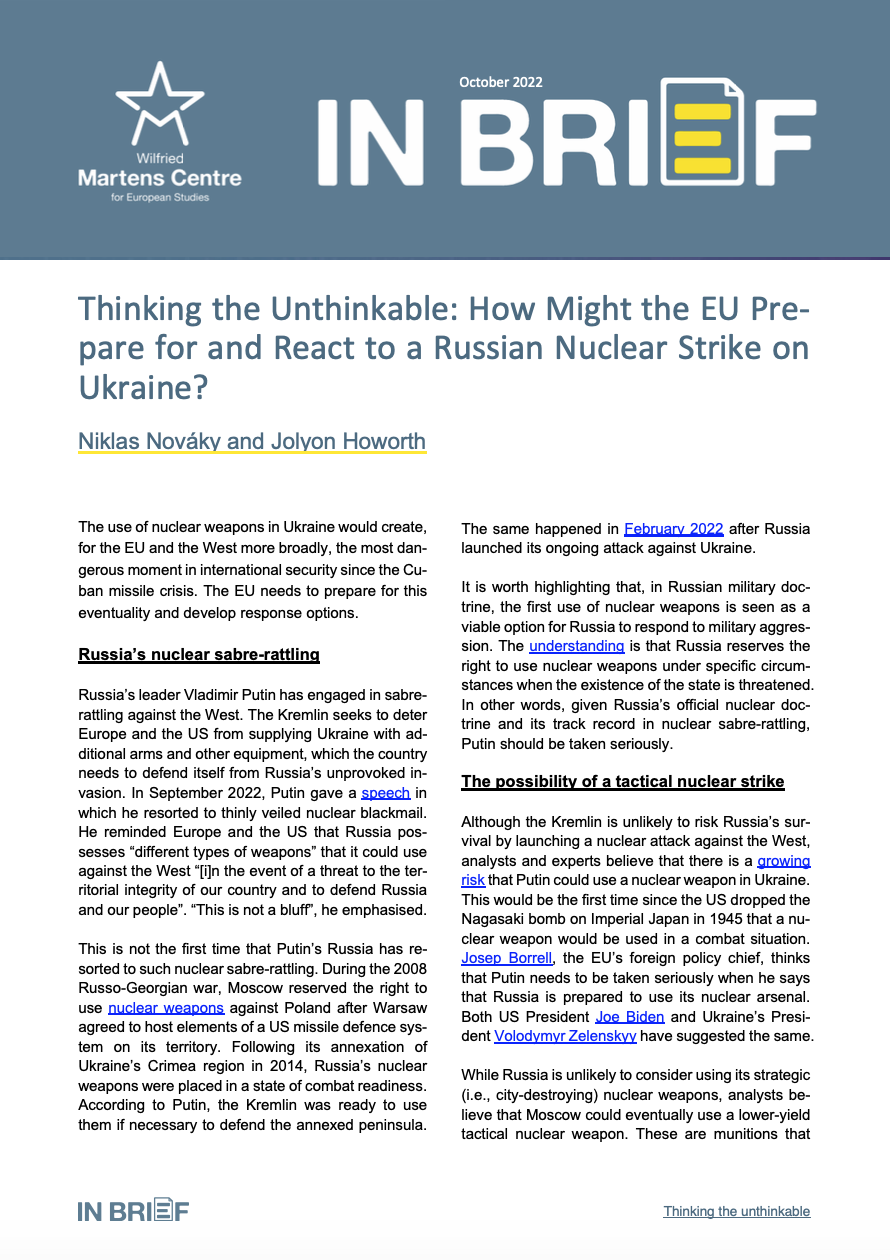
Ukraine
Thinking the Unthinkable: How Might the EU Prepare for and React to a Russian Nuclear Strike on Ukraine?
-

Policy Briefs
NATO’s New Strategic Concept: What Should We Expect?


